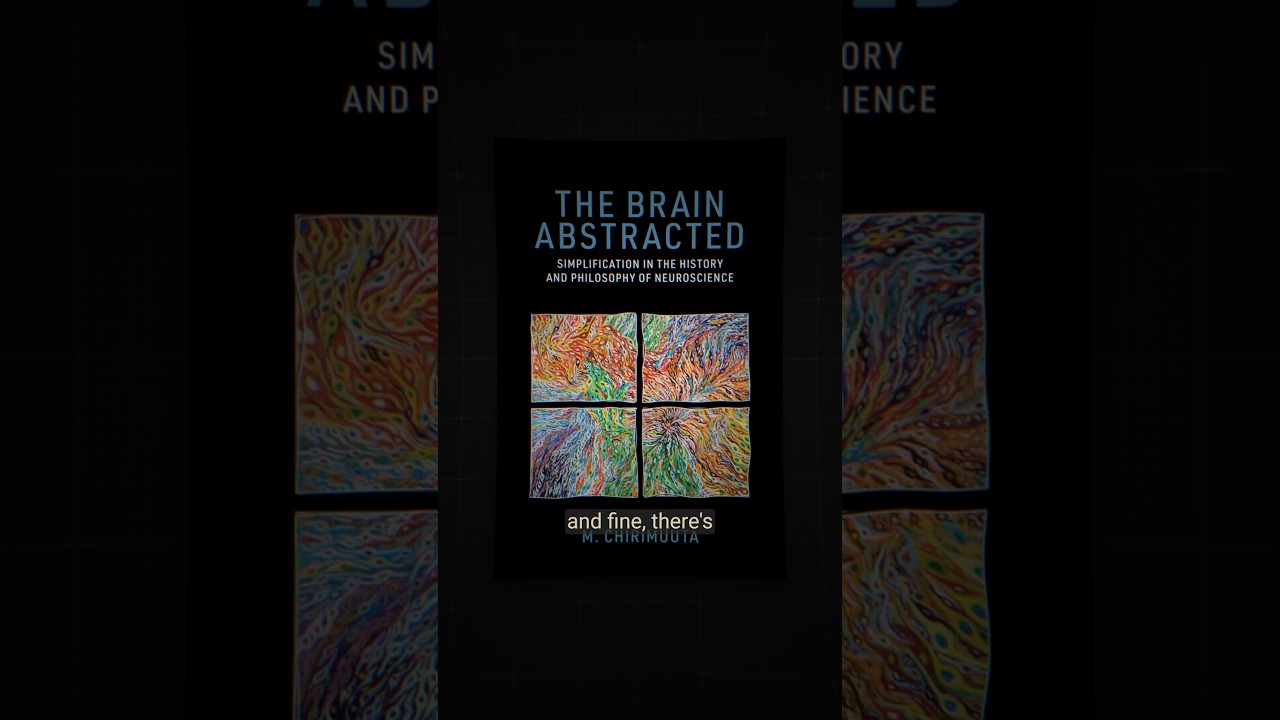In “The Brain Abstracted,” Mazviita Chirimuuta examines the relationship between neuroscience and the philosophy of mind, emphasizing the limitations of extrapolating lab findings to real-world cognition. She advocates for a collaborative approach that respects both disciplines, highlighting the importance of ecological validity and the complexities of mental processes in dynamic environments.
In the video “The Brain Abstracted,” Mazviita Chirimuuta explores the intricate relationship between neuroscience and the philosophy of mind. She raises critical questions about how much we can infer about mental processes from neuroscientific findings. While acknowledging the validity of laboratory results, she emphasizes the challenges of extrapolating these findings to understand cognition in real-world contexts.
Chirimuuta points out that neuroscience often provides insights into the brain’s functioning through controlled experiments. However, she cautions against overgeneralizing these results, as they may not capture the full complexity of cognitive processes that occur outside the lab. The controlled environment of a laboratory can strip away the nuances that are essential for understanding how minds operate in dynamic and interactive settings.
The speaker highlights the importance of considering the ecological validity of neuroscientific research. Real-world cognition involves a multitude of factors, including environmental interactions and social contexts, which are often absent in experimental designs. This complexity is crucial for understanding how animals, including humans, navigate their surroundings and make decisions.
Chirimuuta also discusses the philosophical implications of neuroscience, particularly regarding concepts such as consciousness, perception, and intentionality. She argues that while neuroscience can inform philosophical debates, it cannot fully resolve them. Philosophers must engage with the findings of neuroscience while also considering the broader implications for our understanding of the mind.
In conclusion, the video underscores the need for a collaborative approach between neuroscience and philosophy of mind. By acknowledging the limitations of neuroscientific data and the complexities of real-world cognition, both fields can enrich their understanding of the mind. Chirimuuta advocates for a dialogue that respects the contributions of each discipline while recognizing the challenges inherent in bridging the gap between empirical findings and philosophical inquiry.
